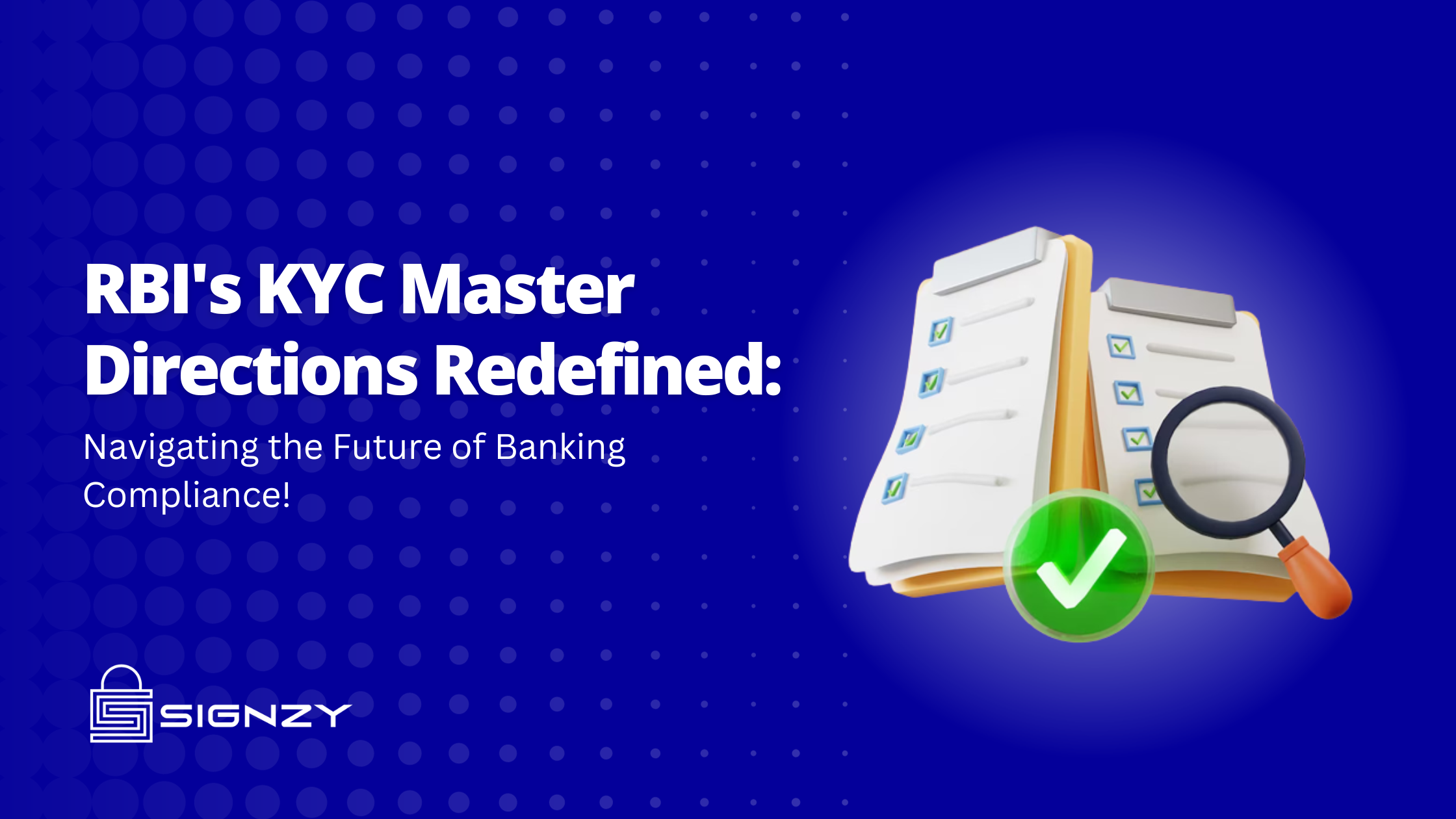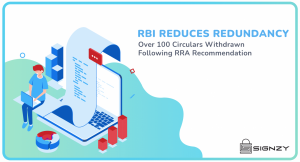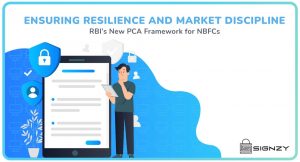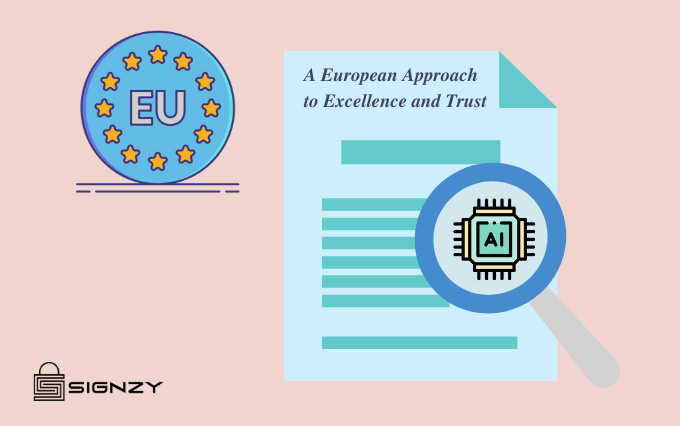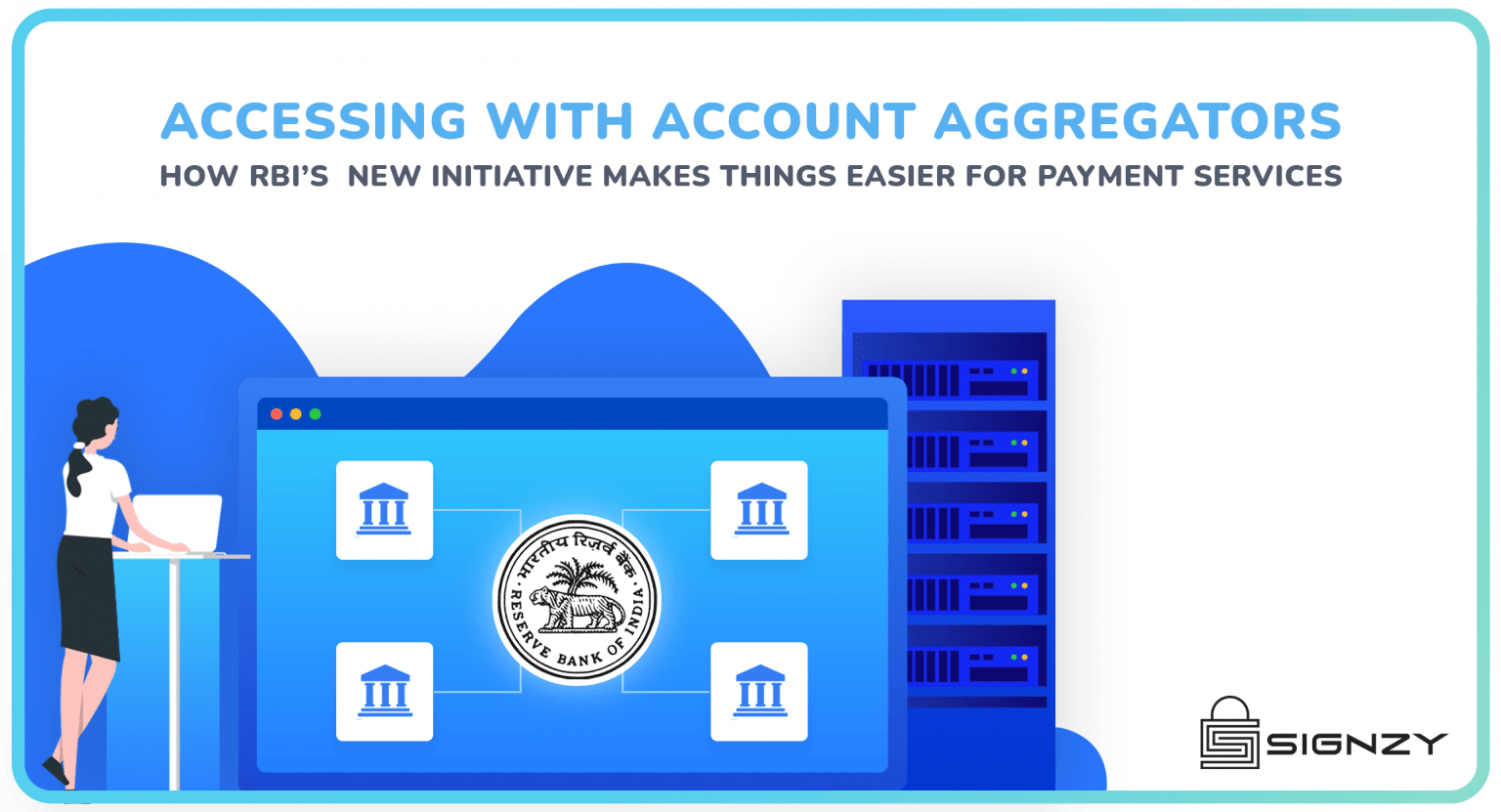On 17th October 2023, the Reserve Bank of India (RBI) made significant amendments to its KYC Master Directions (RBI KYC MD) to enhance the country’s anti-money laundering (AML) and counter-terrorism financing (CTF) measures. In this discussion on RBI’s KYC Master Directions, we will delve into the comprehensive guidelines and regulations set forth by the Reserve Bank of India to ensure robust Know Your Customer (KYC) procedures in the financial sector. These amendments take immediate effect and have a specific goal in mind – preparing India for a successful Financial Action Task Force (FATF) review.
The FATF, a globally influential body with 39 member countries, serves as the watchdog for money laundering and terrorist financing. Its regular assessments gauge how well a member country’s AML regulations and other measures align with FATF’s standards. India, like other nations, is eager to pass these reviews, as the findings have direct implications for the strength of its AML and CTF mechanisms. Key among these measures is the Know Your Customer (KYC) process, which plays a crucial role in mitigating ML/TF risks. As India’s performance in the FATF review directly hinges on the effectiveness of its KYC protocols, the latest amendments to the RBI KYC MD are aimed at bolstering these mechanisms.
Key Amendments to RBI KYC MD
- Principal Officer in RE’s Management: The amendments clarify that the principal officer of an RBI Regulated Entity (RE) must be a part of the RE’s management. This change aims to ensure that a senior figure within the organization oversees KYC compliance, thereby increasing its effectiveness.
- Alignment with FATF CDD Guidelines: The definition of ‘Customer Due Diligence (CDD)’ is modified to align it with the description provided in the FATF guidance. This alignment ensures that India’s CDD practices adhere to global standards.
- Suspicious Transaction Reporting (STR): Under the RBI KYC MD, REs are obligated to open accounts only once the CDD is completed. The amendments introduce the provision for REs to file an STR with the Financial Intelligence Unit – India if CDD cannot be completed due to non-cooperation of customers or unreliable documents. This ensures that potential red flags are not ignored.
- Third-Party KYC Documents: REs are permitted to rely on KYC conducted by third parties under certain conditions. One such condition is obtaining KYC documents from the third party immediately. This change aligns with FATF recommendations and accelerates the verification process. Previously, REs had a 2-day window to obtain these documents.
- Identification of Money Mule Accounts: The amendments introduce specific due-diligence measures for REs to identify money mule accounts. This additional obligation is a response to the rising threat of cyber and white-collar crimes, where criminals exploited video KYC processes to open such accounts.
- Full-Fledged KYC for Low-Value NBFC Accounts: The RBI KYC MD had a simplified KYC process for low-value NBFC accounts. The amendments require REs to apply the full-fledged KYC process to these accounts if there is suspicion of ML/TF activities. This ensures that even small-value accounts are subject to robust scrutiny when necessary.
- Enhanced Due Diligence for Politically Exposed Persons (PEPs): REs must implement enhanced due-diligence measures before opening accounts for PEPs. This includes ongoing monitoring and senior management approval. The amendments also mandate that REs determine the PEP status of customers at the account opening stage and maintain vigilance regarding their source of wealth.
- Compliance with International Organizations: The amendments specify that REs must adopt AML measures recommended by international or intergovernmental organizations if India is a member of these organizations and the Indian government has agreed to implement these measures.
The recent amendments to the RBI’s KYC Master Directions mark a significant step forward in India’s fight against financial crimes. They underline the country’s determination to remain at the forefront of global AML efforts, protect its financial institutions, and maintain a reputation as a responsible and vigilant market.
As the RBI adopts a risk-based approach for periodic KYC updates, aligns with regulatory updates, and incorporates FATF recommendations, it fortifies India’s KYC protocols and reinforces the country’s financial integrity. By expanding the definition of CDD and actively preventing Money Mules, these measures showcase a commitment to proactive and effective AML measures.
In this ever-evolving landscape of financial crimes, the RBI’s proactive approach in aligning with international standards and ensuring that the latest updates are implemented immediately further solidifies India’s position as a responsible global financial player. These measures serve to protect both the financial system and the citizens of the country, exemplifying a commitment to robust AML protocols.
About Signzy
Signzy is a market-leading platform redefining the speed, accuracy, and experience of how financial institutions are onboarding customers and businesses – using the digital medium. The company’s award-winning no-code GO platform delivers seamless, end-to-end, and multi-channel onboarding journeys while offering customizable workflows. In addition, it gives these players access to an aggregated marketplace of 240+ bespoke APIs, easily added to any workflow with simple widgets.
Signzy is enabling ten million+ end customer and business onboarding every month at a success rate of 99% while reducing the speed to market from 6 months to 3-4 weeks. It works with over 240+ FIs globally, including the 4 largest banks in India, a Top 3 acquiring Bank in the US, and has a robust global partnership with Mastercard and Microsoft. The company’s product team is based out of Bengaluru and has a strong presence in Mumbai, New York, and Dubai.
Visit www.signzy.com for more information about us.
Contact us directly!
